Africa's 1980s: The Intersection of Art, Politics, Economics, and the Social
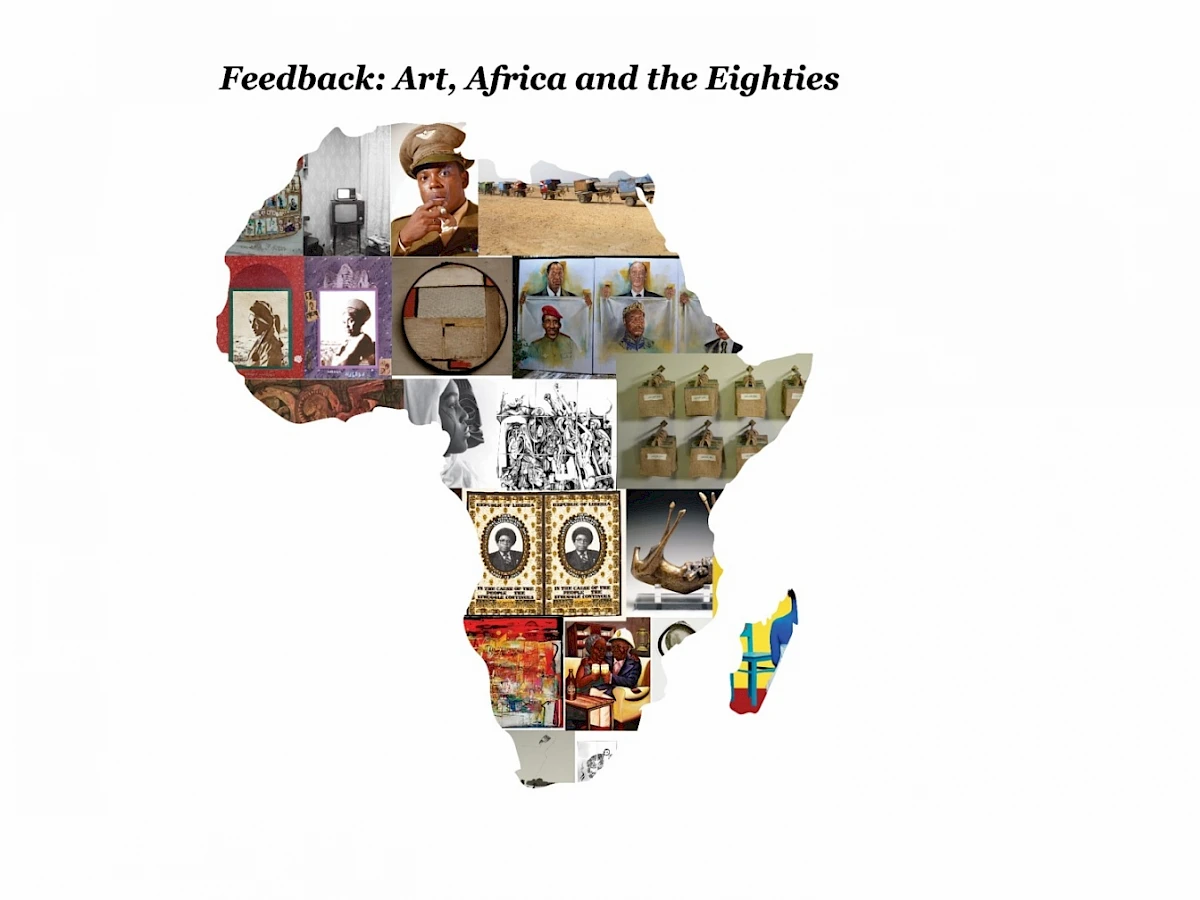
Feedback Art Africa And The 1980s.
The 1980s was a phenomenal decade in Africa. Its significance, however, has yet to be rigorously and expansively examined as an art historical inquiry and to a lesser degree, in conventional history. Feedback: Art, Africa, and the Eighties, a curatorial collaboration between the Hood Museum of Art, Dartmouth College, Hanover, New Hampshire, United States and Iwalewahaus, University of Bayreuth, Bayreuth, Germany, underscores the importance of that decade in Africa in the context of global art modernism. An in-depth, art-centered study of the 1980s in Africa, Feedback addresses the social, political, and economic realities in Africa in the 1980s through the creative visions of artists, then and now. The 1980s was a period of transition in the fields of culture and the arts as many African countries grappled with the vicious cycles of nation building; moving from the promises of political independence to the nightmarish realism of the postcolonial. From east, southern, west, north, and central Africa, the 1980s presented an increasingly dystopian vision defined by among others: social uprisings, protests, civil conflicts, coups d'état, military and civilian dictatorships, austerity measures, famine, and also marked the final demise of political colonialism in Africa, and minority rule in Southern Africa in particular. It was also the final decade of global political jousting understood as the Cold War. Many African countries, though claiming non-alignment, were a playground for the Western and Eastern blocs to try out social and political experiments often with catastrophic economic consequences. The shift from the Keynesian model of economic development to the neoliberal order in many countries at the dictate of western-based multilateral institutions such as the IMF and World Bank, understood as Structural Adjustment Programs, perhaps, more than any other factor of change, restructured the relationship between the postcolonial state and citizens and vice-versa.
To try to explain the significance of that period in Africa's political history and art historical scholarship, the exhibition considers artists' responses to or engagement with some of the aforementioned key events that defined the decade. The impact of these events in shaping material conditions in Africa starting in the 1980s must not be understated. In contrast to the early postcolonial decades of the 1960s and 1970s, when African modernist artists embraced a decolonizing aesthetic that involved strategic appropriations and the combination of indigenous and external art traditions as part of the collective attempt at nation-building, in the 1980s several artists began to address the failures of the postcolonial state. The focus on social, political, and economic issues, in addition to responses to globalization and international mobility, subsequently gave rise to new forms of artistic production in Africa, especially from the 1990s onward.
The exhibition's complex narrative highlights a tapestry of perspectives in works by artists at different stages in their professional careers, drawn from countries spread across East, North, West, Central, and Southern Africa. Some of the artists were very young in the 1980s and explore the decade from a temporal and critical distance, albeit subjectively. Their contemporary responses is presented in dialogue with works produced during the 1980s. With this curatorial approach, Feedback maps the trajectory of artistic vocabularies and complementary discourses in the 1980s, tracing its impact on post-1990 contemporary African art through the works of an exciting array of artists.
Ugochukwu-Smooth C. Nzewi is Curator of Feedback: Art, Africa, and the Eighties and Senior Researcher in the Project African Art History and the Formation of a Modern Aesthetic. Nzewi is also the Curator of African Art at the Hood Museum, Dartmouth College, New Hampshire, USA.
Further information: https://coamowebcom.wordpress.com/ (Viewed on 29 March 2025)
Related contributions and publications
-
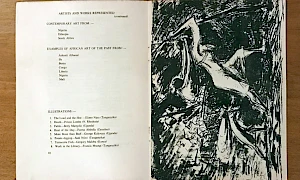
Manifestations of Modernisms – Some thoughts on the histories of exhibitions in the Ugandan context
African Art History and the Formation of a Modern Aesthetic -
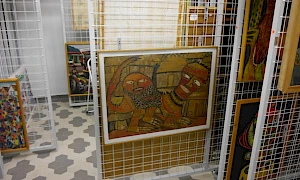
The Nigerian artist Twins Seven Seven in the Iwalewahaus collection
African Art History and the Formation of a Modern Aesthetic -
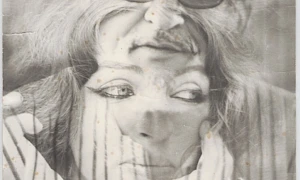
A Place of Belonging – The 'Phantasy Africa' within the Archive of the European Art Patrons Ulli and Georgina Beier
African Art History and the Formation of a Modern Aesthetic -
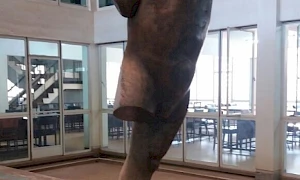
Changes and Developments in Uganda's Modern Art
African Art History and the Formation of a Modern Aesthetic -
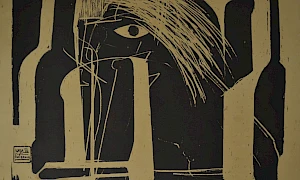
(Dis-)plays of Modern Art
African Art History and the Formation of a Modern Aesthetic